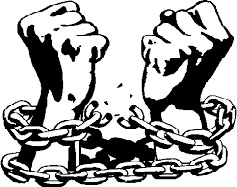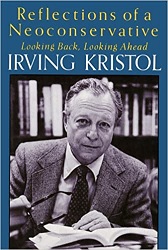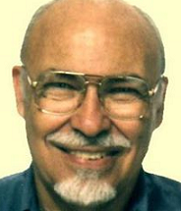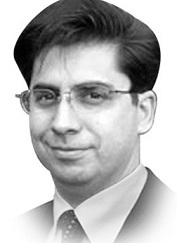Desde los griegos hasta la actualidad
Recordad que el secreto de la felicidad reside en la libertad, y el secreto de la libertad, en el coraje.
Tucídides
En un Estado verdaderamente libre, el pensamiento y la palabra para expresarlo deben ser libres.
Suetonio
 ¿Cuándo surgió el primer pensamiento sobre la libertad? No lo sabemos con certeza. ¿Quién pronunció por primera vez en la historia la palabra libertad? Tampoco lo sabemos. Ama-gi es el más antiguo grafismo conocido de la palabra libertad y proviene de una tablilla de yeso escrita en el año 2300 A.C. en la ciudad- Estado de Lagash (Sumeria).
¿Cuándo surgió el primer pensamiento sobre la libertad? No lo sabemos con certeza. ¿Quién pronunció por primera vez en la historia la palabra libertad? Tampoco lo sabemos. Ama-gi es el más antiguo grafismo conocido de la palabra libertad y proviene de una tablilla de yeso escrita en el año 2300 A.C. en la ciudad- Estado de Lagash (Sumeria).
En el Egipto de los faraones hubo mucha sabiduría, pero sus escritores no se referían al tema de la libertad. Ptahhotep, por ejemplo, fue primer ministro del Faraón y escribió sus Máximas, que han sido calificadas como el libro más antiguo del mundo. En ellas se refiere al poder, al arte de gobernar, pero no a la libertad.
En la China Antigua de los Emperadores y las dinastías hubo grandes sabios y moralistas, pero no se ocupaban de escribir sobre la libertad con la excepción de Lao-Tse, el autor del Tao Te King, quien nació en el año 571 a. de C. y puede ser considerado el primer autor de la historia humana con ideas y actitudes favorables a la libertad. Según Lao-Tse, lo suave termina venciendo a lo duro, el gobernante no debe subyugar el mundo con las armas y más bien debe guiar sin constreñir facilitando la evolución natural de todos los seres sin osar intervenir sobre ellos. Promueve un tipo de gobierno suave que es el opuesto a las dictaduras.
Asimismo, criticó el reglamentismo o exceso de leyes: «Cuanto más interdictos y prohibiciones hay, más el pueblo se empobrece». Y la emprendió contra el exceso de impuestos: «El pueblo está hambriento porque sus dirigentes le abruman de impuestos». En general aconseja a los gobernantes ser moderados, balanceados y no-violentos: «Se rige un gran Estado de la misma forma como se fríe el pescadito».
- Hits: 3862
 Kristian Niemitz, Head of Political Economy at the IEA, wrote a book last year in which he explores the reasons why the idea of socialism persists as a viable economic system. In “Socialism: the Failed Idea that Never Dies” Niemitz notes that whenever real-life events demonstrate, yet again, that socialism, in all its guises as an economic system, simply doesn’t work, its ever-faithful adherents in the West declare that what failed wasn’t “real socialism”.
Kristian Niemitz, Head of Political Economy at the IEA, wrote a book last year in which he explores the reasons why the idea of socialism persists as a viable economic system. In “Socialism: the Failed Idea that Never Dies” Niemitz notes that whenever real-life events demonstrate, yet again, that socialism, in all its guises as an economic system, simply doesn’t work, its ever-faithful adherents in the West declare that what failed wasn’t “real socialism”. ¡De trotskista a soldado, a profesor universitario y a demócrata y luego a neoconservador!
¡De trotskista a soldado, a profesor universitario y a demócrata y luego a neoconservador! La democracia supone idealmente una cierta ‘convicción’ o ‘fe democrática’ de carácter ‘práctico’ –no ideológico–, aceptada y compartida como fundamento común de la convivencia social por los diversos credos o familias políticas, filosóficas y religiosas existentes en su seno, cualesquiera que ellas sean y al margen de los vaivenes de las mayorías y las minorías.
La democracia supone idealmente una cierta ‘convicción’ o ‘fe democrática’ de carácter ‘práctico’ –no ideológico–, aceptada y compartida como fundamento común de la convivencia social por los diversos credos o familias políticas, filosóficas y religiosas existentes en su seno, cualesquiera que ellas sean y al margen de los vaivenes de las mayorías y las minorías. Every night on my TV screen, Alan Shore stands up in defense of a quixotic quest in the
Every night on my TV screen, Alan Shore stands up in defense of a quixotic quest in the